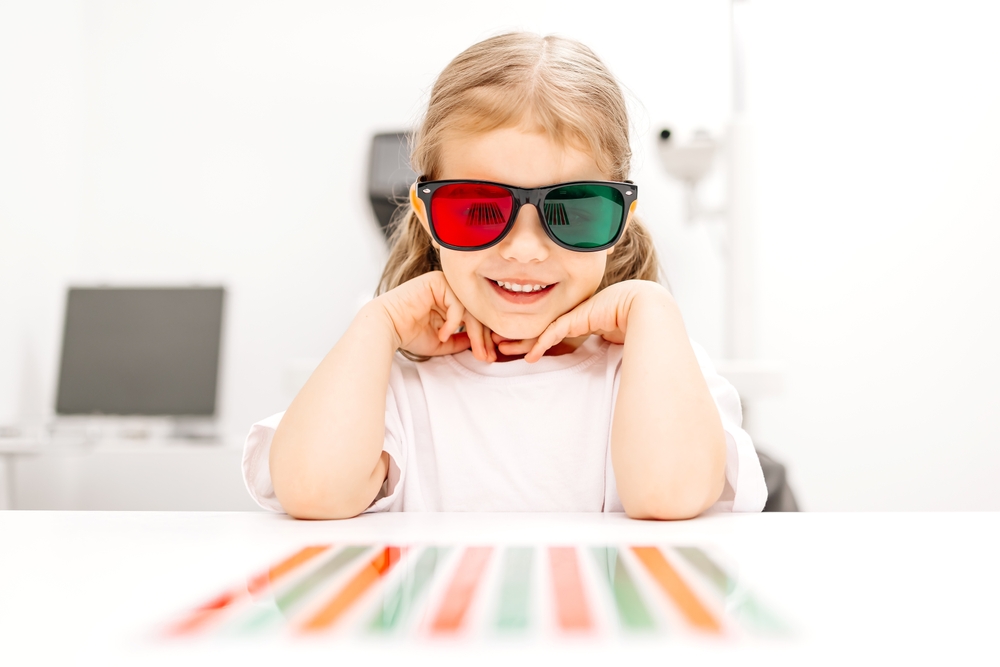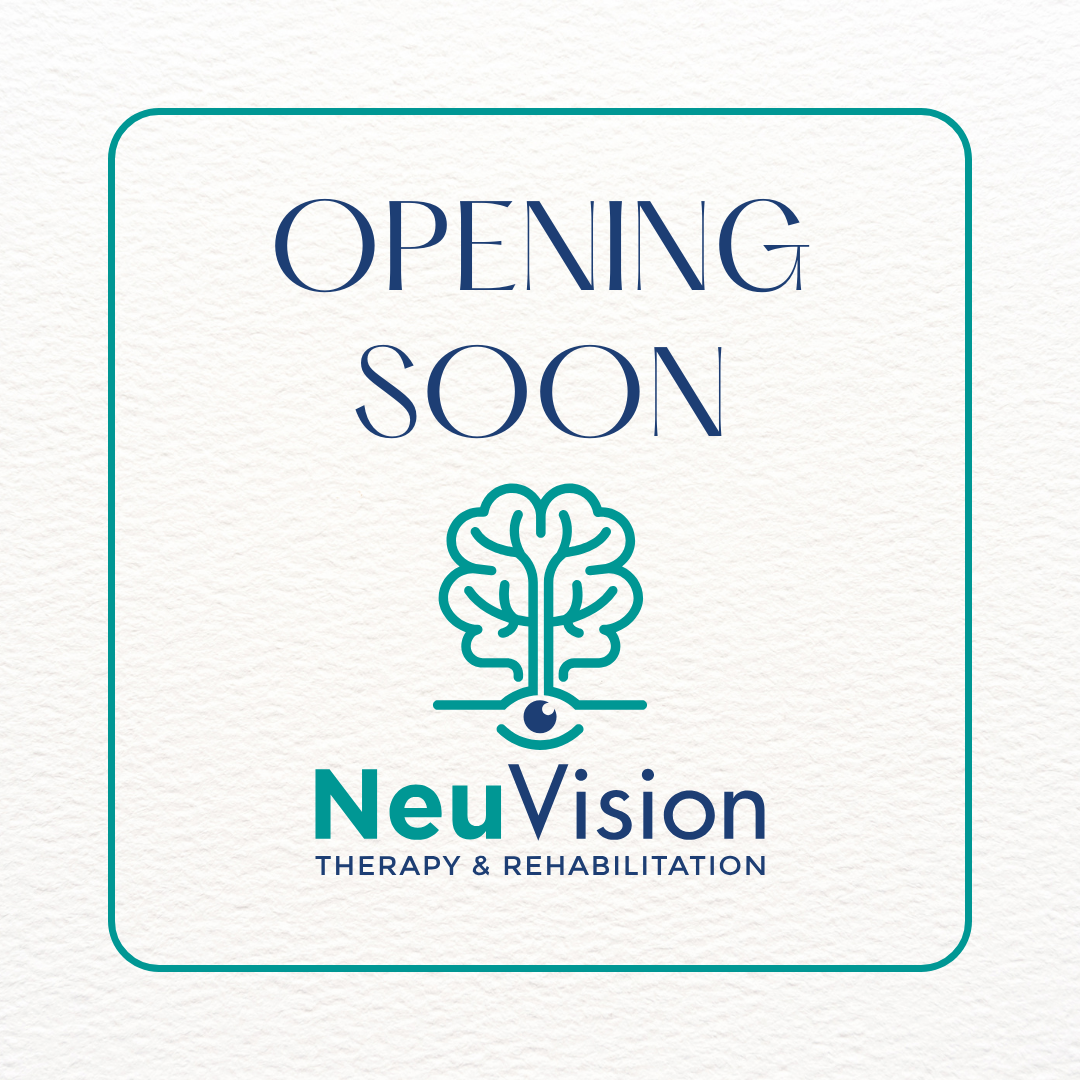
Good vision is crucial for children's academic success. Vision is responsible for over 80% of the information a child receives in the classroom. If a child has an undiagnosed or untreated vision problem, it can significantly impact their ability to learn and perform well in school.
Vision issues can make it difficult for children to read, write, and focus on their schoolwork. They may struggle to see the board, experience eye strain or headaches, or have trouble tracking their place while reading. These challenges can lead to poor academic performance, behavioral problems, masking of other conditions and even social difficulties.
Common Vision Conditions that can Impact Learning
Common eye conditions in children Some of the most common vision problems in children include:
· Refractive errors (nearsightedness, farsightedness, and astigmatism)
· Binocular vision disorders (eye teaming and eye tracking issues)
· Accommodative disorders (difficulty focusing their eyes)
· Visual processing disorders (problems with visual perception and integration)
These conditions can develop as early as infancy and may worsen as a child grows older. If left untreated, they can have a profound impact on a child's educational and social development.
What is Vision Therapy?
Vision therapy is a specialized treatment program designed to address and correct a wide range of vision problems. It involves a series of customized eye exercises and activities that help improve the way the eyes and brain work together.
Vision therapy is not the same as wearing glasses or contact lenses. While these devices can correct refractive errors (blurry vision), they do not address the underlying neurological and developmental issues that can cause other vision problems. Vision therapy, on the other hand, aims to retrain the visual system and improve the brain's ability to process visual information effectively.
How Does Vision Therapy Work?
Vision therapy is a collaborative process between the patient, the optometrist, and the patient's family. The therapy typically involves a series of in-office sessions, as well as at-home exercises and activities.
During the in-office sessions, the vision therapist will work with the patient on a variety of activities designed to improve their visual skills, such as:
· Eye tracking and focusing exercises
· Depth perception (Stereopsis) training
· Visual-motor integration activities
· Perceptual and cognitive skill development
The home-based exercises are designed to reinforce the skills learned during the in-office sessions and help the patient integrate them into their daily life.
How Vision Therapy Can Help Your Child Succeed in School
By addressing issues such as poor eye tracking, focusing, and coordination, vision therapy can significantly enhance a child's ability to process visual information, leading to better academic performance and an overall boost in confidence.
One of the key benefits of vision therapy is its focus on improving visual processing skills, which are essential for activities like reading and understanding visual data (comprehension) . Children who struggle with these skills may find it difficult to keep their place while reading, interpret visual information correctly, or sustain focus during close-up tasks. Through a series of exercises tailored to each child's specific needs, vision therapy can help develop these vital skills, making learning more accessible and enjoyable. This can lead to better comprehension, reduced frustration, and a greater willingness to participate in classroom activities.
Additionally, vision therapy can help with issues related to eye teaming and binocular vision. When the eyes do not work together properly, it can result in double vision, headaches, or eye strain, making schoolwork particularly exhausting. Vision therapy exercises are designed to train the eyes to work in unison, improving depth perception and reducing discomfort. As a result, children are more likely to engage with their studies with greater ease, leading to improved academic outcomes and a more positive attitude toward school and learning.
Get Started with NeuVision Today
Vision therapy is a powerful tool for helping children succeed in school and in life. By addressing underlying vision problems, vision therapy can improve academic performance, enhance visual skills, reduce eye strain and fatigue, and support overall social and behavioral development.
If your child is struggling with any of the common eye conditions discussed in this article, it's essential to seek a specialized neuro-optometric evaluation. A comprehensive eye exam, binocular vision evalation, and a referral to a vision therapy specialist can help identify the root cause of the problem and develop a customized treatment plan.
At NeuVision, we understand the importance of vision in a child's academic and personal success. Contact us to schedule a consultation and learn how vision therapy can unlock your child's full potential. Visit our office in Richfield, Minnesota, call/text (612) 200-3286, or email info@neuvisiontherapy.com.
https://www.neuvisiontherapy.com/binocular-vision-assessment.html







